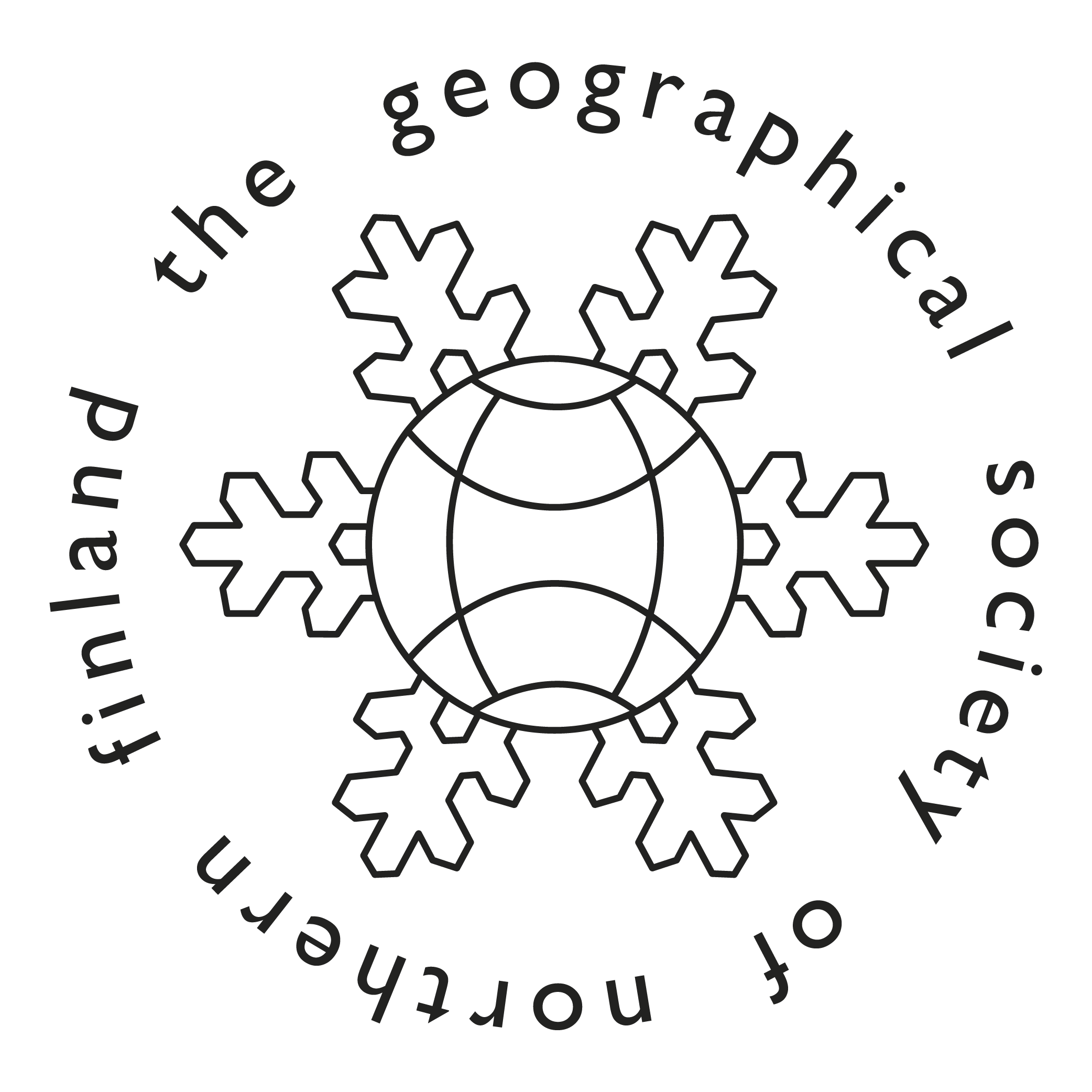Transcending binaries: a participatory political ecology of the Faroese foodscape
Abstract
This paper discusses some methodological aspects of a participatory research project on political economic dynamics of food in the Faroe Islands, in particular how to balance between the critical perspective and an affirmative practice when doing engaged research in political ecology. Drawing from Gibson-Graham’s diverse economies framework combined with the concept of food sovereignty, familiar conceptual binaries (capitalism-noncapitalism, growth-degrowth, affirmation-critique) are challenged. The paper argues that instead of remaining locked in the analytical distinction between say a ‘capitalist/global food-system’ versus an ‘alternative/local food-system’, a critical-affirmative political ecology of food would ultimately have to entail a transcendence of such binary thinking. In particular, it would put more attention on the complexity and queerness of the foodscape, take more notice of the ‘in-betweens’ and the nuances that do not fit such categorisation. Participatory research with local activists is suggested as a fruitful and ethical methodology to facilitate such a process as it emphasises the doing of research and engages with the situated knowledge and experience of local activists.






